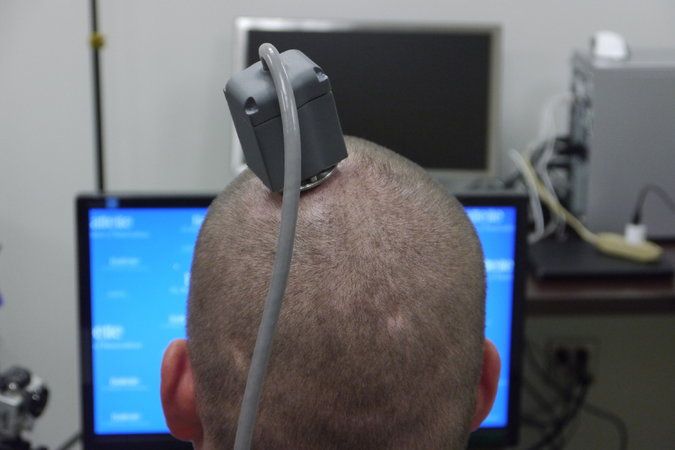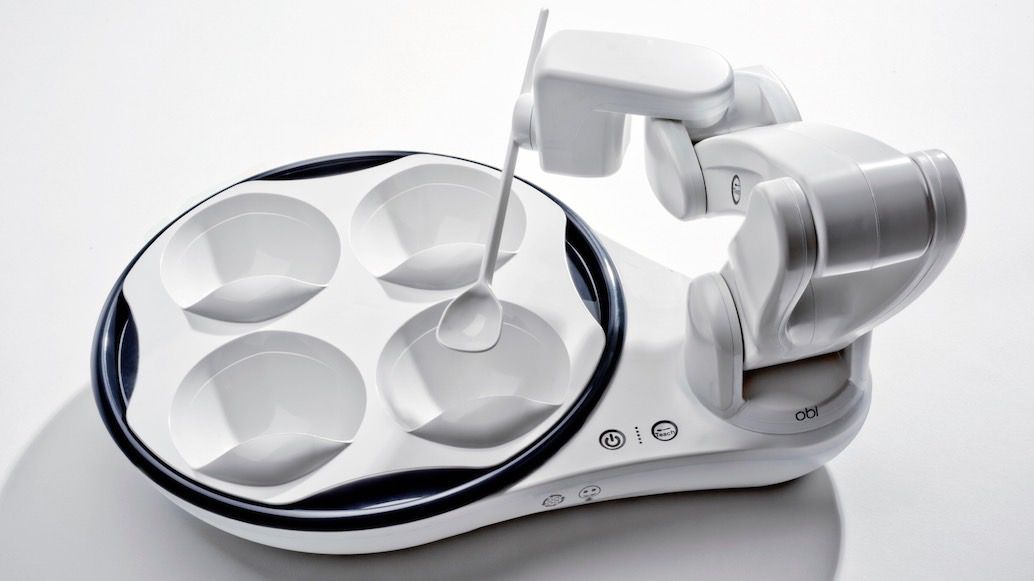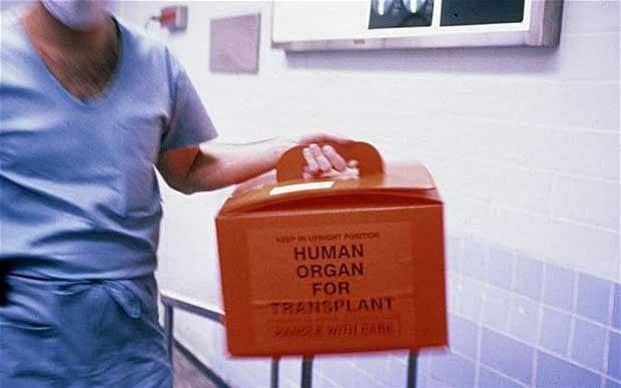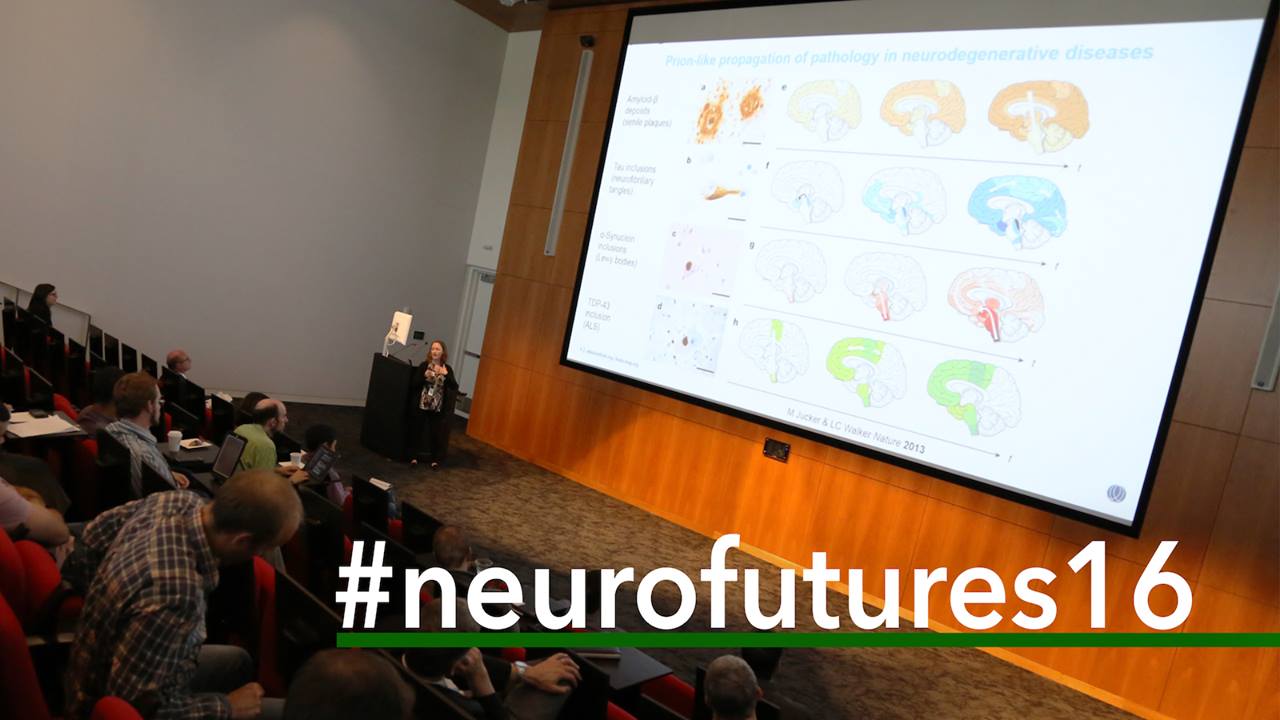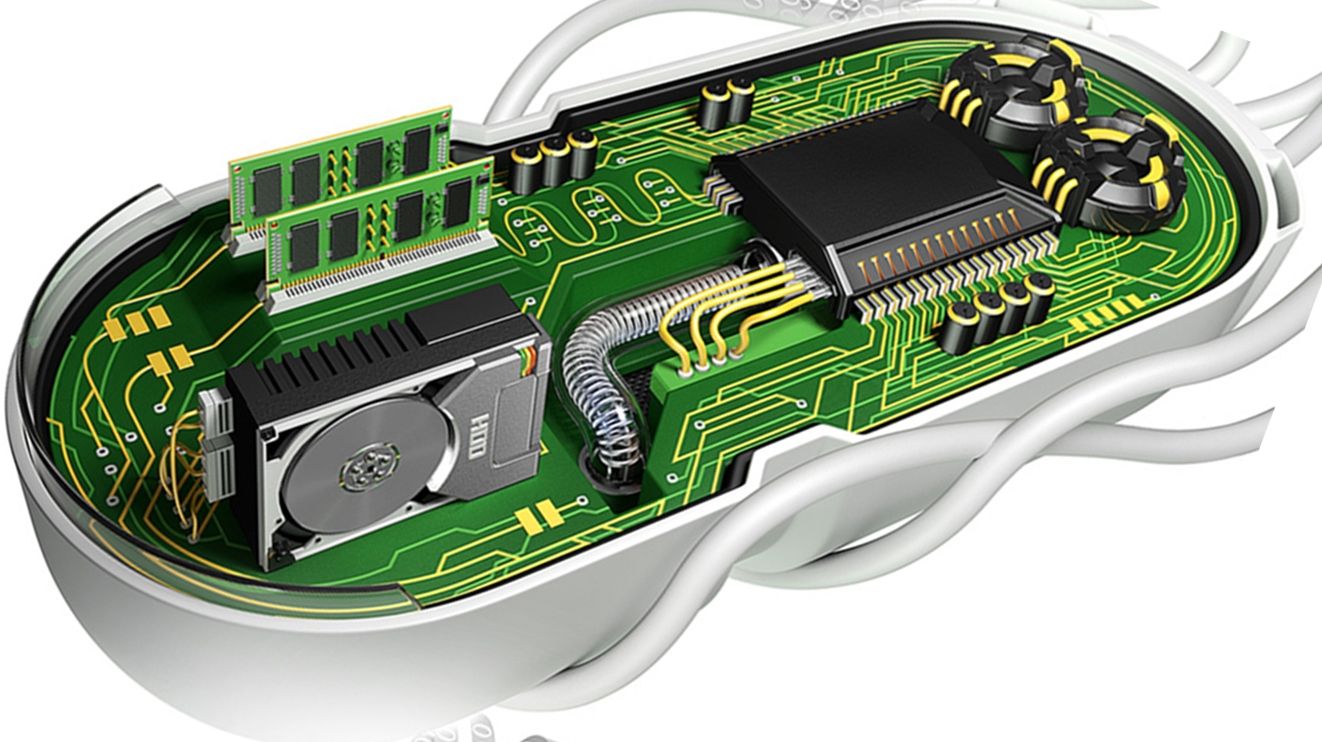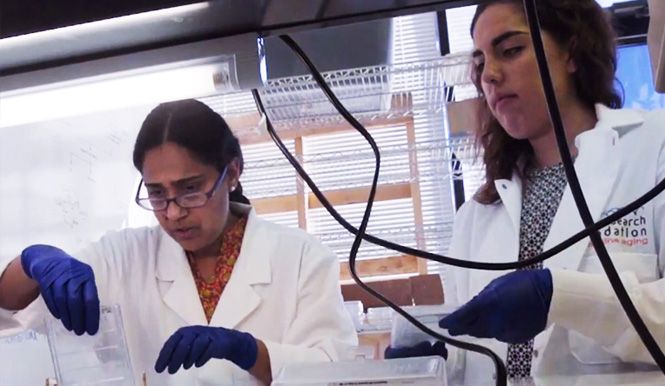
MOUNTAIN VIEW, Calif. — July 11, 2016 — SENS Research Foundation today announced its Project|21 campaign to secure $50 million in private support from individual donors, foundations, and corporations. The goal of Project|21 is for SRF to partner with a new generation of visionary philanthropists, build the Rejuvenation Biotechnology industry, and bridge the most challenging gulf between research and treatment by enabling human clinical trials by 2021.
Aubrey de Grey, founder and chief science officer of SENS Research Foundation said, “Ending aging will require large-scale investment to flow into a globally-recognized industry for rejuvenation biotechnology. Since we began in 2009, SENS Research Foundation has been putting all the pieces in place — core research groups, key players, shared knowledge, underlying tools — for the creation of this industry. The key programs funded by Project|21 can create an environment where the first damage repair interventions addressing specific age-related diseases will be brought to human clinical trials within five years.”
The programs funded under Project|21 focus on three major barriers to the development of truly effective rejuvenation therapies. First, funding to convert promising basic research programs into solid investment candidates remains far too scarce. Second, there are too few opportunities for dynamic collaborations with mainstream regenerative medicine. Finally, there is little understanding of the regulatory pathways and clinical infrastructure these technologies will require. Project|21 addresses these three areas by creating a $15 million bridge fund to support promising early stage technologies; a center of excellence to deliver better opportunities for collaborative development of early stage programs; and a Rejuvenation Biotechnology Alliance Program to address challenges in regulation, manufacturing, and investment.
The first donation received for Project|21 is a commitment from German internet entrepreneur Michael Greve’s Forever Healthy Foundation for $5 million in philanthropic support over the next five years. In addition Michael Greve’s company KIZOO Technology Ventures will be committing seed investments of $5 million in startups focused on bringing rejuvenation biotechnology treatments to market.
For more information on the SENS Research Foundation visit www.sens.org. For information on Project|21 visit www.SENSProject21.org. For information on Michael Greve visit www.kizoo.com and www.forever-healthy.org.
Companion Press Release: “Internet Entrepreneur Michael Greve Commits $10 Million to SENS Related Research and Startups including a $5 Million Donation Over 5 Years to SENS Research Foundation.”
Read more

